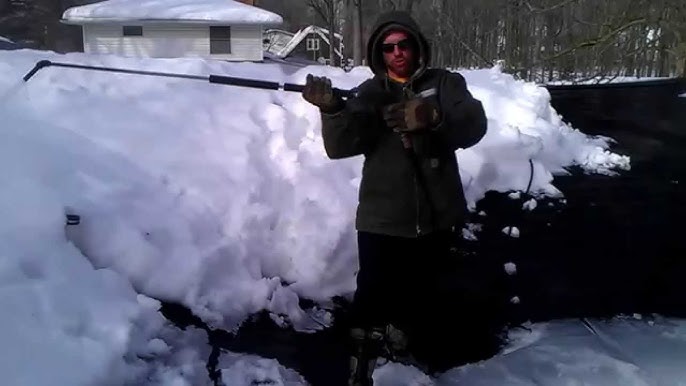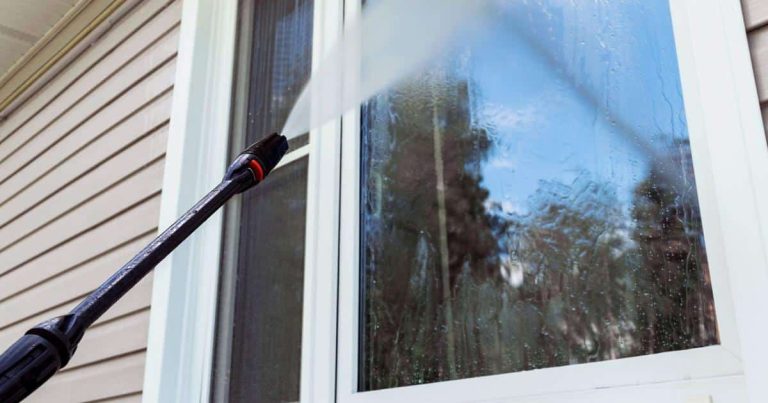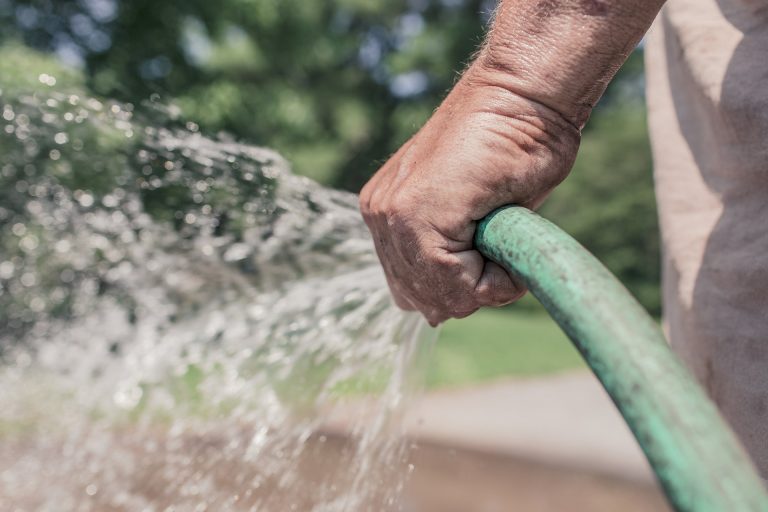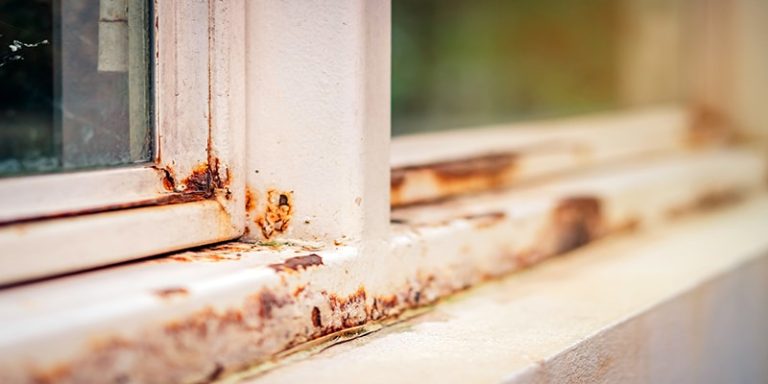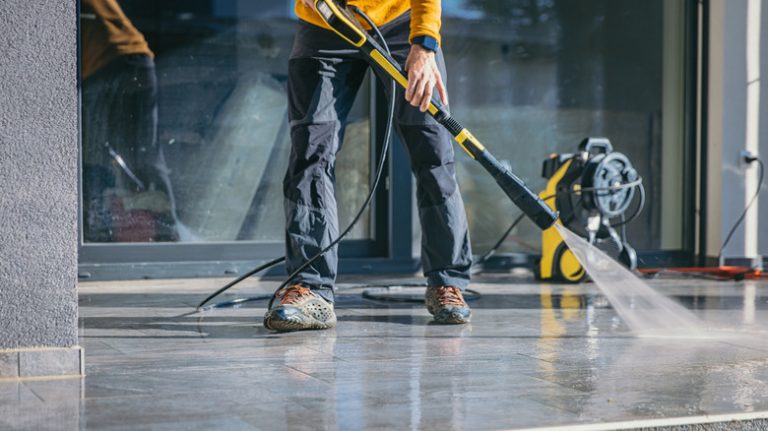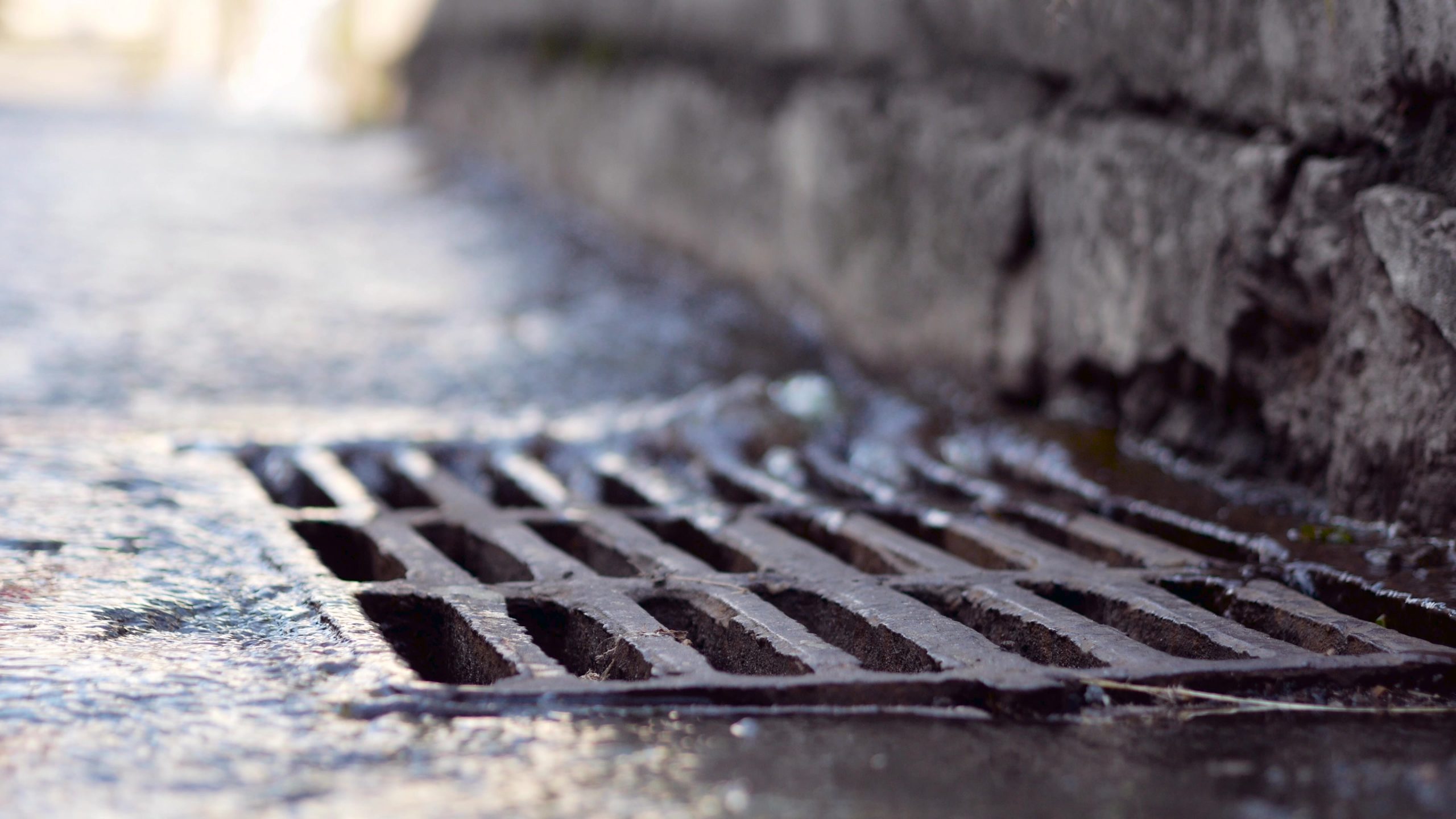
When you’re blasting away grime, grease, algae, or old paint with a pressure washer, all that runoff has to go somewhere. While it may seem like it just disappears down your driveway or into the soil, improper wastewater disposal can actually cause environmental harm, lead to legal fines, or even damage your property.
So, what’s the right way to dispose of all that dirty water? Let’s break it down so you can stay clean and compliant. 🧼✅
🧪 What’s in Power Washing Runoff?
Pressure washing runoff often contains:
- Dirt and debris
- Soaps or detergents
- Grease, oil, or fuel residues
- Paint chips or chemical coatings
- Pesticides, mold, algae, or bacteria
- Heavy metals (in industrial or auto-related cleanups)
🧬 These substances can pose serious risks if they enter storm drains, sewers, creeks, or drinking water sources. Many cities have strict ordinances to prevent pollution, especially under Clean Water Act regulations.
⚠️ Why You Can’t Just Wash Everything Down the Drain
Most outdoor drains connect to stormwater systems, which empty directly into rivers, lakes, or oceans—untreated. That means your power washing runoff could send contaminants straight into local waterways.
Illegal dumping may lead to:
- Environmental citations or fines
- Damage to plant and aquatic life
- Harm to pets or kids who play nearby
- Staining and erosion in unintended areas
🌎 What looks like a harmless rinse job can have lasting environmental effects.
✅ Best Practices for Runoff Disposal
Here’s how to handle power washing wastewater the right way:
1. Use Biodegradable, Eco-Friendly Detergents
If you’re using soaps or chemicals, make sure they’re:
- Non-toxic and phosphate-free
- Biodegradable within 28 days
- Safe for plants and pets
🌿 Look for “EPA Safer Choice” or similar environmental certifications.
2. Block or Divert the Flow
Prevent runoff from reaching storm drains by using:
- Sandbags or rubber mats
- Vacuum berms or inflatable water barriers
- Wet/dry vacuums to collect standing water
Aim to contain the water so it can be redirected safely.
3. Redirect to Landscaping or Gravel Areas
Where possible, direct water toward:
- Lawns
- Mulch beds
- Gravel pits
- Permeable pavement
These surfaces absorb and naturally filter runoff—just ensure the soaps used won’t harm your plants. 🌱
4. Use a Wastewater Recovery System
For commercial cleaning jobs, wastewater recovery systems are a must. These setups:
- Vacuum water as you spray
- Filter out solids and contaminants
- Pump clean water back into holding tanks
Some units even allow you to recycle and reuse water for the same job.
5. Check with Local Regulations
Many municipalities and counties have specific rules. Check with:
- Your city’s Environmental Services or Public Works department
- State water boards or stormwater compliance offices
- HOAs or neighborhood associations (for residential jobs)
💡 You may need a wash water discharge permit for commercial cleanings, especially near water bodies.
🧼 What to Do With Collected Wastewater
Once you’ve captured wastewater with a vacuum, boom system, or collection mat, you can:
- Dispose through a sanitary sewer system (with approval)
- Use a wastewater treatment service
- Filter and reuse water (for larger operations)
🧴 Never pour collected water into storm drains or natural streams.
🚫 What NOT to Do
- ❌ Don’t allow runoff to enter gutters or storm drains
- ❌ Don’t dump wastewater in driveways, ditches, or empty lots
- ❌ Don’t assume biodegradable soap means “harmless” — it still needs proper disposal
- ❌ Don’t power wash oil or paint without containment
🏡 Tips for Homeowners
For residential jobs, you probably don’t need a commercial vacuum system—but you should:
- Use low-impact detergents
- Work in small, manageable areas
- Rinse with a garden hose (if permitted)
- Divert water to your lawn or soil, not hard surfaces
📸 Tip: Take photos of your setup if you’re worried about HOA compliance or city inspectors.
✅ Final Thoughts
Power washing doesn’t have to pollute. With the right methods, you can clean responsibly, protect the environment, and avoid expensive fines or headaches.
Whether you’re a DIYer or a professional contractor, managing wastewater properly is part of doing the job right. Clean surfaces are great—but a clean conscience is even better. 💧🌿🌎
